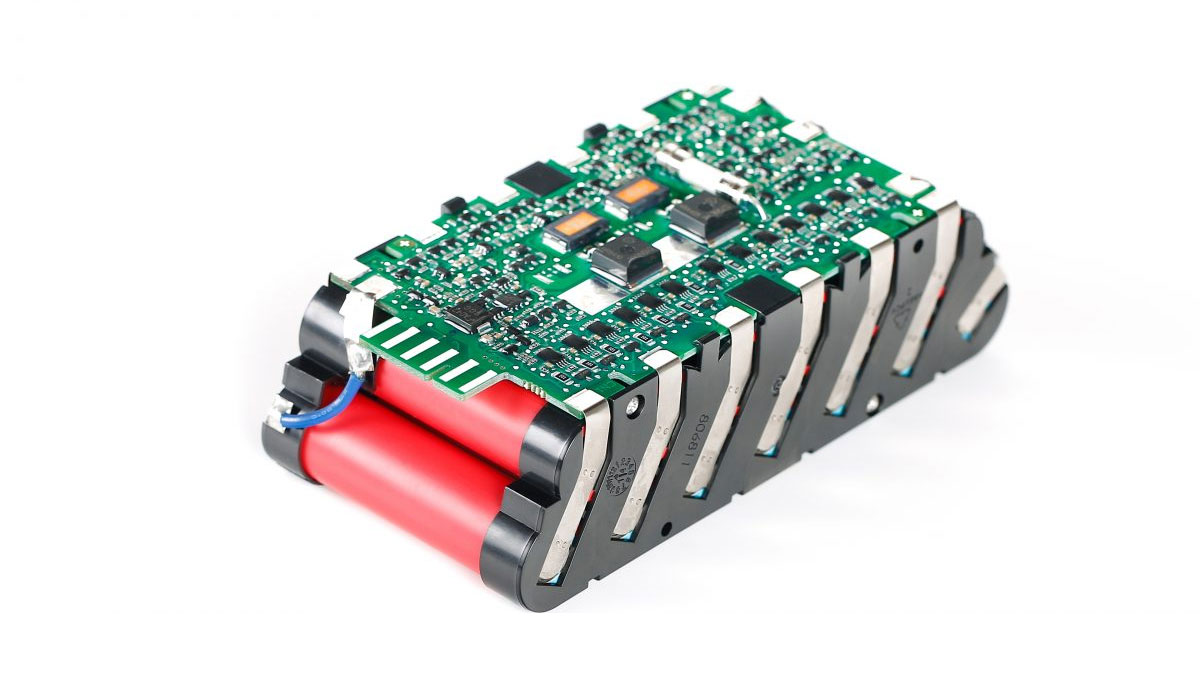Li-ion batteries and safety

Li-ion batteries and safety: the 10 key points
Lithium-ion (Li-ion) batteries have become indispensable. Their high energy density gives them well-known advantages in terms of weight and volume. Other advantages, such as their cycle life and low self-discharge, make it possible to develop numerous applications in different sectors of activity.
The cell contains flammable products such as organic solvents. If the battery is improperly stored or used, it may cause fire, smoke or explosion. Not only will battery performance be severely compromised, but the consequences can be quite dramatic.
To ensure your safety and that of the battery, we recommend to follow these recommendations:
- Do not immerse the battery in liquid such as water, seawater or soda.
The cell or battery may catch fire, emit smoke, explode or generate excessive heat from the current.
- Do not use or place the battery near a fire, radiator or high temperature (over 60°C).
The cell separator may be damaged by heat, causing an internal short circuit.
- Do not use unauthorised chargers.
If the battery is charged under unacceptable conditions (e.g. use outside the permitted temperature range, exceeding the voltage or current with an unauthorised charger), it may catch fire, emit smoke, explode or generate excessive heat. Always use the charger specified for your battery.
- Do not attempt to reverse charge or reverse polarity.
The battery has identified polarity. If the battery does not fit, check its orientation and do not force it into place. If the battery is connected with incorrect polarity, it may catch fire, emit smoke, explode or generate excessive heat.
- Do not connect the battery to a mains socket or cigarette lighter.
The battery requires a specific charger and must not be connected directly to an unsuitable power source.
- Handle the battery carefully to avoid shocks to the battery.
Shock may cause leaks, heat generation, smoke, fire or explosion. In addition, there is a risk that the protection circuit may be damaged, leaving the battery unprotected.
- Do not use the battery in a place where static electricity is generated (observe CE standards): 100V: +/-4KV on contact and +/-8KV in air).
If the protection circuit of the electronic part is damaged, the battery may catch fire, emit smoke, explode or generate excessive heat.
- Do not use batteries in poor condition
Do not use a battery if it has any noticeable abnormalities, such as a strange odour, excessive heat, deformation or discolouration.
- Do not disassemble the battery
If the protection circuit is damaged, the battery will no longer be protected. The battery may then catch fire, emit smoke, explode or generate excessive heat.
- For long term storage, it is preferable to keep the battery at an average state of charge (half charged) and at a controlled temperature (20°C – 25°C).
Your battery will retain its performance better if it is not fully charged and stored at a temperature of around 20°C.
- Read the instructions for use of your battery.
Manufacturers will provide you with the most appropriate instructions for the correct use of your battery.
ARTS Energy: production of customised batteries
Thanks to our partners, we have access to a very wide range of batteries and full technical support. Several technologies are available, each with its own characteristics and advantages.
To ensure battery safety, contact us to discuss the design of the application from a mechanical and/or electrical point of view. Especially if there are special conditions such as: high discharge current, fast charging or specific use. Our experts will be able to advise you in order to guarantee a safe battery adapted to your needs.
Do you need more information? Fill out the contact form in 30 seconds and we will get back to you within 48 hours!






